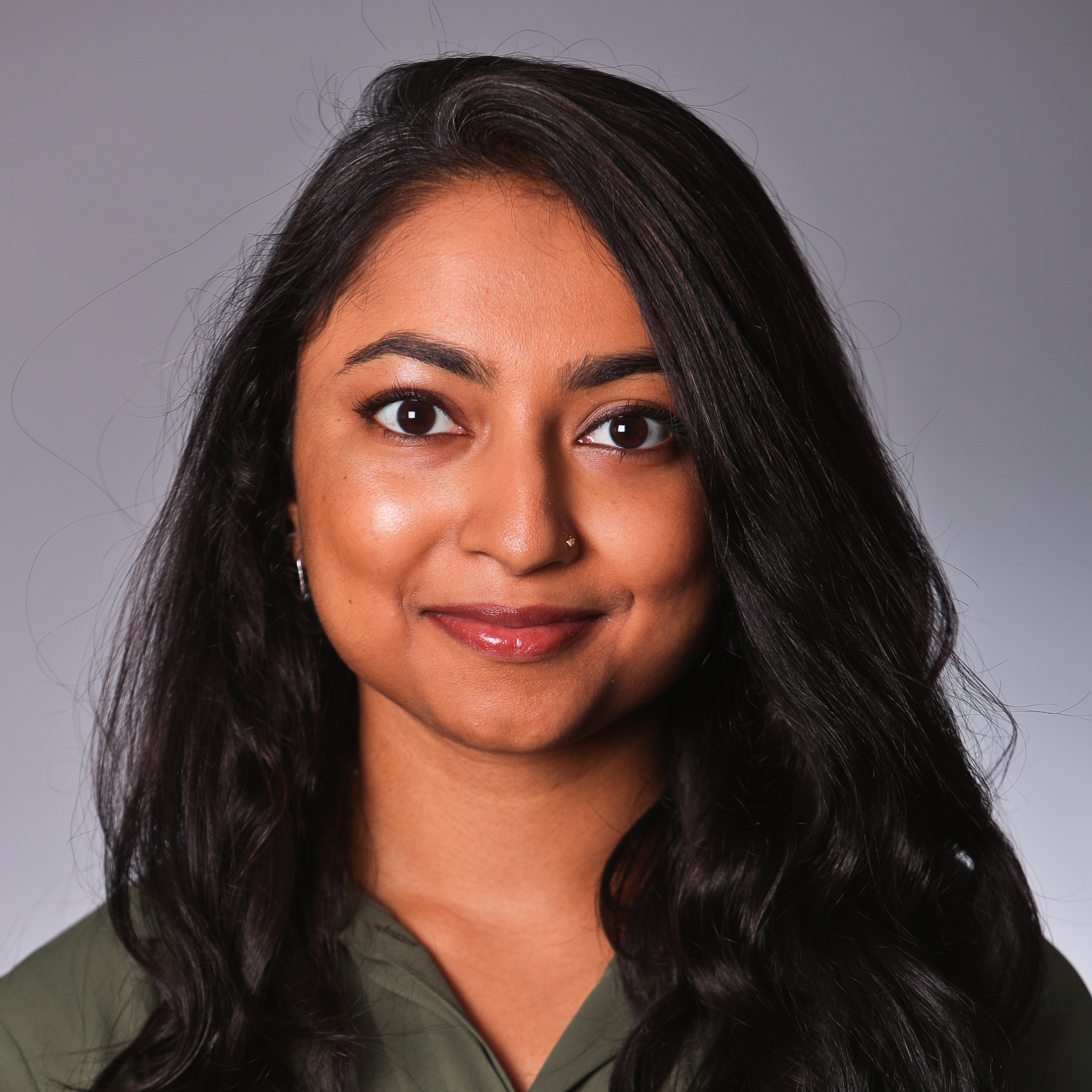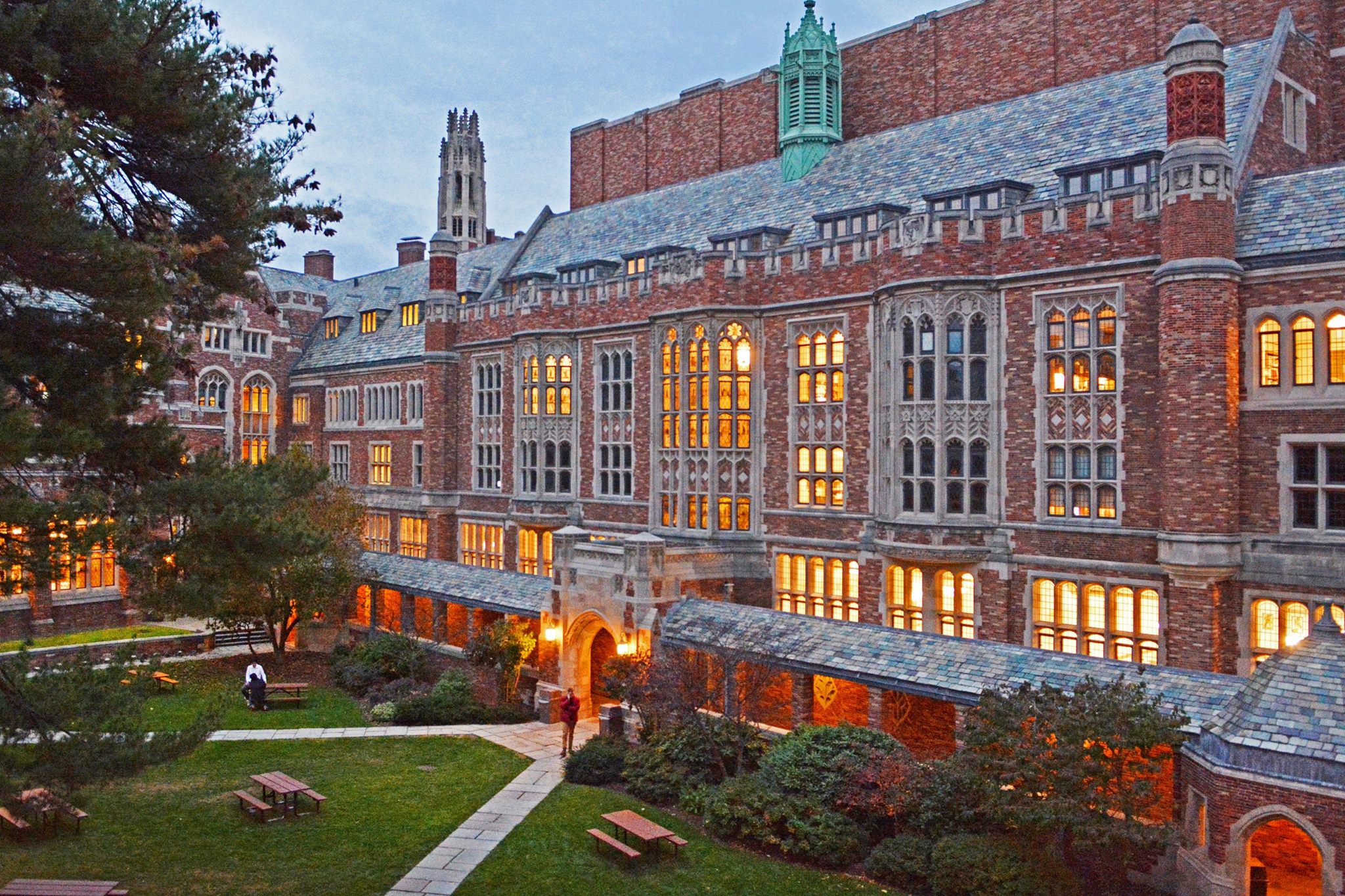(June 24, 2023) The worker justice and the labour movements in the United States of America have played a significant role in shaping the rights and conditions of workers throughout history. Inspired by the struggles of millions of people in the past, and attempting to better the future of labour in the States, is a young 20-year-old Indian American, Shyamala Ramakrishna. A student of Yale Law School, the young advocate was recently awarded the prestigious Paul & Daisy Soros Fellowship for New Americans.

“I think it was because of my parents,” shares the advocate, as she connects with Global Indian from Yale for an exclusive interview, “They came to New York in the 1990s, and I grew up hearing about the curiosities that they had about the American society and the issues here. That really encouraged me to develop my own sense of curiosity. My parents were very free in allowing me to be the judge of what I was curious about and what I wanted to do. And that led me to the path that I am on now.”
As an undergraduate at Yale College, Shyamala distinguished herself as a scholar in the prestigious Multidisciplinary Academic Program in Human Rights, where her studies were centered around arts and advocacy. “I was deeply inspired by the work of attorney activist, Sarumathi Jayaraman, who is also an Indian American working for fair wages for restaurant workers and other service workers in the United States. You can say that she motivated me to pick this career path.”
A melodious beginning
In the vibrant city of New York, Shyamala Ramakrishna’s journey began, nurtured by her parents who hailed from Tamil Nadu. The youngster grew up in a tight-knit Indian community. “My parents came to New York searching for better opportunities,” the advocate says, adding, “And they both brought their passions along with them. My mother is a musician and a music educator. My father came to the US for a Ph.D. in theoretical physics. I grew up between New York and New Jersey, on the East Coast. There are a lot of other Indian immigrant families and Indian Americans in the neighbourhoods that I lived in. It was quite a thriving community – vibrant and supportive.”
As brilliant a student as she is, Shyamala is also a very talented musician. Guided by her mother and grandmother, she delved into the intricate art of Carnatic music. “My mother introduced me to Carnatic music when I was just a toddler and at four I gave my first performance on stage at a South Indian music festival.” And even today, despite a very busy schedule, the youngster never leaves a chance to perform. “I am still the lead vocalist in my band, FORAGER, and it’s been an incredible journey, watching our music resonate with audiences, filling venues in New York City and beyond. I also had the incredible opportunity to music direct Shades, a remarkable singing group that places Black musical traditions at the heart of its artistic expression. No matter how busy I get, I plan on continuing to pursue music,” the advocate shares.
Of activism and advocacy
After finishing high school, Shyamala was quite clear that she wanted to pursue graduation in law, and she chose to go to one of the best institutions in the USA – Yale. Pursuing a multidisciplinary academic programme in human and labour rights, the young advocate took part in various important legal research, including at the American Civil Liberties Union. “Currently I am enrolled at the Yale Law School’s three-year Juris Doctor programme, which provides students with a legal education of outstanding breadth and depth. My focus is labour and employment issues, which I chose because of a long-standing interest in workers’ rights and justice in the USA.


Yale Law School, New Haven, Connecticut
However, advocating for these issues is no cakewalk. Talking about the challenges she and many advocate activists like her face, she says, “When I came to Yale I realised how much people’s success had to do with what they were given, including the resources, the money, the education, extracurriculars – the things their parents could sign them up for. Learning that the US pedals this myth of meritocracy that’s not real was really a key development in my understanding of how to fix this country. A large part of it is recognising that the resources and opportunities that were given to people at a young age have much more to do with their success than any sense of brilliance.”
Following her graduation, the young advocate embarked on a career in the future of work policy, assuming a fellowship role with the State of New Jersey, where she made valuable contributions by actively participating in the development of regulations aimed at tackling the discriminatory effects of algorithmic hiring technology. Driven by a strong commitment to social justice, Shyamala extended her efforts beyond the realm of policy work. Volunteering with Court Watch NYC, she engaged in crucial activities related to monitoring and reporting.
“Leaving the college behind, and working in the real world made me realise that a big challenge for any advocate who wishes to work for these issues is to not distance themselves from the people we are trying to serve. So, I am working on making sure that I can make an impact and help establish labour justice and rights,” the advocate explains. “However, the fact that there are many South Asians in the USA who are dedicated to multi-racial, multi-generational, and cross-class solidarity has been a huge motivator to keep me on track.”
Planning to dedicate her career to workers’ rights in the future, Shyamala is elated to have received the Paul & Daisy Soros Fellowship. “Higher education in the US is very expensive and getting funding for a law degree is going to make it very easy for me to concentrate on my mission without worrying about paying off my debt. Secondly, this fellowship will also help me meet people who were previous years’ P&D Soros fellows, working in adjacent or similar fields as mine. I am really looking forward to that,” says the advocate as she signs off.
- Follow Shyamala Ramakrishna on LinkedIn




